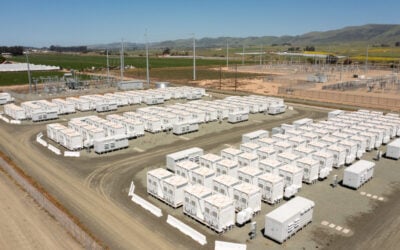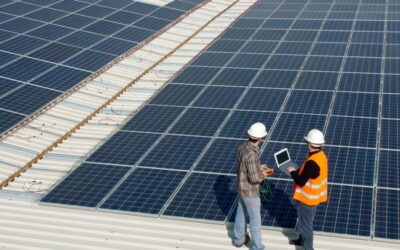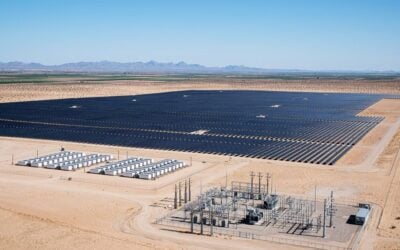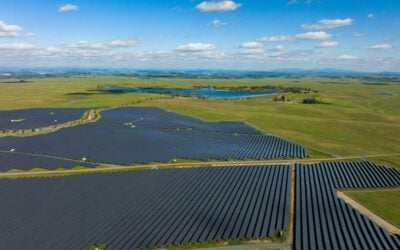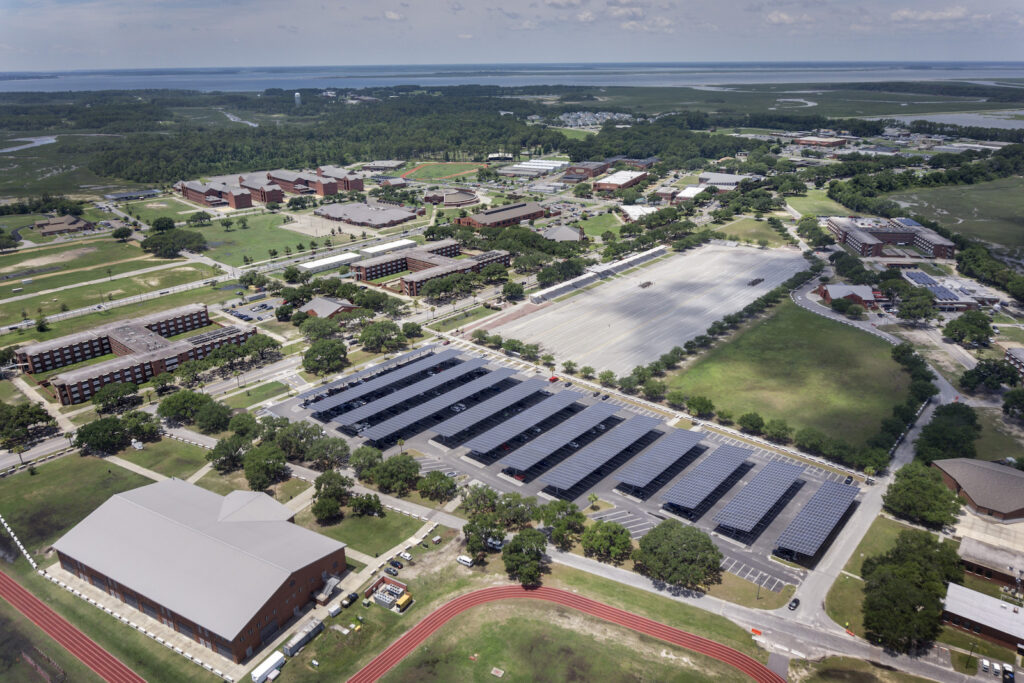
Clean energy solutions provider Ameresco has contracted with California investor-owned utility Southern California Edison (SCE) to deliver battery energy storage systems (BESS) totalling 537.5MW of output and 2,150MWh.
Ameresco said yesterday that this comprises three separate four-hour duration BESS projects, each connected to a distribution network substation pocket and designed to mitigate the well-documented electricity system reliability problems that continue to plague much of California.
Enjoy 12 months of exclusive analysis
- Regular insight and analysis of the industry’s biggest developments
- In-depth interviews with the industry’s leading figures
- Annual digital subscription to the PV Tech Power journal
- Discounts on Solar Media’s portfolio of events, in-person and virtual
The shortfall of electricity supply that the state suffers is particularly acute at peak times during summers of heat waves, wild fire risks and other extreme weather or climate related events.
It recently led governor Gavin Newsom to declare an emergency and enact legislation to expedite the coming of renewable energy and energy storage resources onto the grid, with his administration pointing in April to a potential 5GW of shortfall next summer.
Within that context, Ameresco has signed engineering, procurement, construction and maintenance (EPCM) contracts with SCE for the three BESS projects, to serve the Southern California communities in and around the San Joaquin Valley, Rancho Cucamonga and Long Beach areas.
The systems will charge from the grid during off-peak times and times of excess generation, including abundant daytime solar power, and then discharge as required by the utility when demand peaks.
While this in itself is an application that is becoming more common in California for BESS resources that provide peak local capacity to utilities via Resource Adequacy contracting, Ameresco said the new deal is novel in that it concerns batteries connected to utility distribution substations to serve local needs directly.
The scale of the deals is also pretty big and the timelines for commissioning aggressive: Ameresco said it intends to have the three projects in commercial operation by August 2022.
SCE approaching 3GW of energy storage in service area
Southern California Edison will own the 535MW of new BESS capacity. The utility said that the deal adds to 1,355MW of utility-scale battery storage and 5MW of customer-sited batteries that it signed long-term contracts for last year, bringing SCE’s installed and procured storage capacity including third party-owned resources to about 2,810MW in total.
Another of California’s three investor-owned utilities (IOUs), PG&E, recently said that it has over 1,400MW capacity of contracts for BESS projects to be deployed in its service area by the end of 2023.
PG&E and SCE both have around 15 million customers or more, while fellow IOU San Diego Gas & Electric (SDG&E) is much smaller with around three million. SDG&E has recently said it is directly investing in about 145MW of energy storage within its service area.
California is targeting 100% clean energy by 2045. SCE and its parent company Edison International are also following that target trajectory, and the utility said its 2019 white paper ‘Pathway 2045’ includes estimates that 30GW of utility-scale energy storage needs to be added to California’s grid along with 10GW of storage from distributed energy resources (DERs) to achieve that 2045 state-wide goal.
Ameresco meanwhile is perhaps best known for providing commercial, industrial, public and federal facilities with fully-wrapped solutions including energy efficiency, renewables, storage and other distributed energy resources that save them money and increase their energy resiliency while lowering emissions and pollution. This is in addition to its work with utilities, cooperatives and other customers on solar, solar-plus-storage and standalone energy storage projects.


